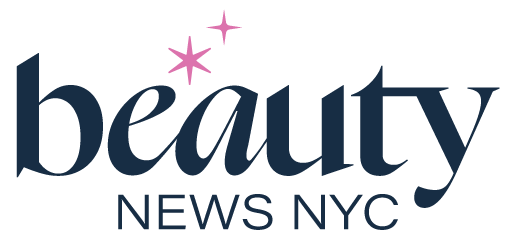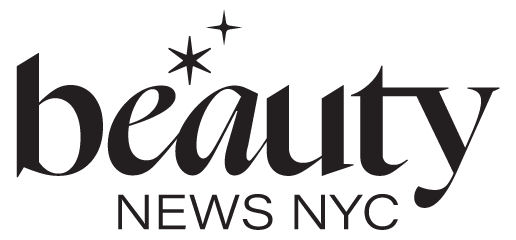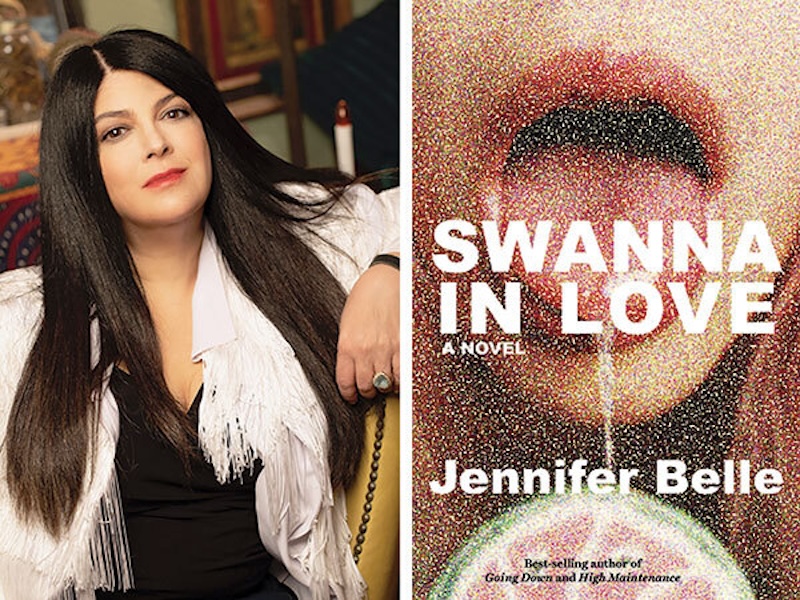 With Valentine’s Day landing during the peak of Mercury Retrograde, and Venus Retrograde approaching in just a few weeks, we’ve all got love on the brain. For many of us, we can’t help but find ourselves thinking of past loves – the relationships that never were or couldn’t work no matter how hard we tried and forgave. As both of these planetary alignments are understood as protracted moments of backward-focused reflection, for a deep exhumation and inventory of our romantic escapades, it may be a helpful exercise to analyze our first love as a key to life-long sexual and romantic patterns.
With Valentine’s Day landing during the peak of Mercury Retrograde, and Venus Retrograde approaching in just a few weeks, we’ve all got love on the brain. For many of us, we can’t help but find ourselves thinking of past loves – the relationships that never were or couldn’t work no matter how hard we tried and forgave. As both of these planetary alignments are understood as protracted moments of backward-focused reflection, for a deep exhumation and inventory of our romantic escapades, it may be a helpful exercise to analyze our first love as a key to life-long sexual and romantic patterns.
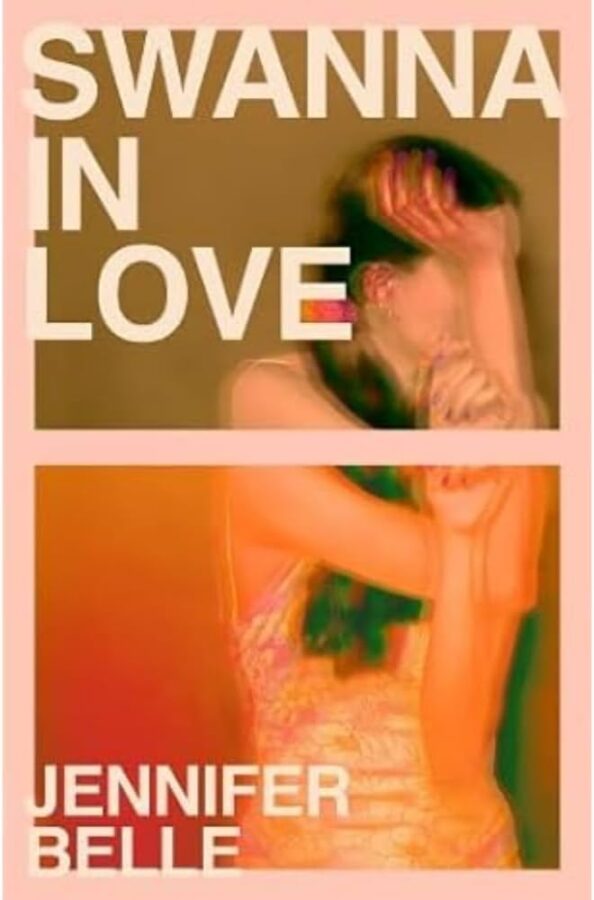
For many starry-eyed young women, this erotic origin story hinges on the “first time” as fetishized and immortalized in Judy Blume’s body of work, e.g. “Are You There God? It’s Me Margaret” and “Forever.” To focus on this hotly anticipated deflowering and deeply terrifying initiation into womanhood by the most handsome boy in junior high was edgy, outré, and taboo in the early 70s. Though still considered worthy of censorship by religious groups, Blume’s depiction of sexuality seems chaste in the post #MeToo era of OnlyFans twenty-four-hour sex marathons.
While tween fantasies of losing one’s virginity are sweet and soft, we know that most girls have sex younger than assumed under problematic circumstances, such as after periods of grooming or with men older than we’d like to acknowledge. In this age of sexual frankness, a zeitgeist-approved tale of losing one’s virginity fleshed out with all the complexities and ironies we no longer ignore has been penned by Jennifer Belle.
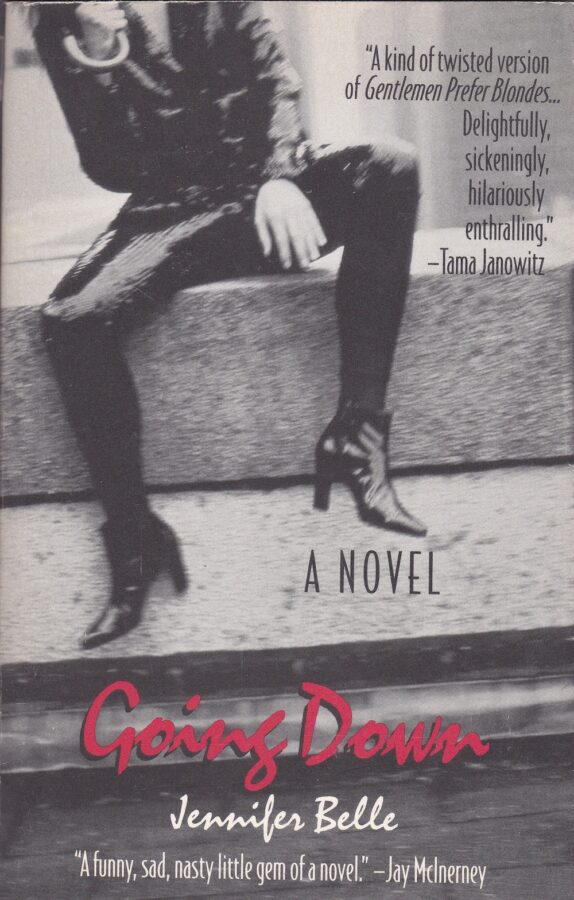
Initially profiled in “Summer It Girl Reading in List,” “Swanna in Love” – like Nabokov’s “Lolita” turned inside out – follows a precocious teen girl, dealing with her parents’ divorce, the popping of her cherry, and the man who did it. I was thrilled to chat with Jennifer Belle about her Valentine’s Day-recommended novel and her career as a writer. Like the list of novels under her belt – “High Maintenance” & “Seven Year Bitch,” and her debut “Going Down“ – Jennifer Belle spins hilarious yarns about life’s bittersweet moments.
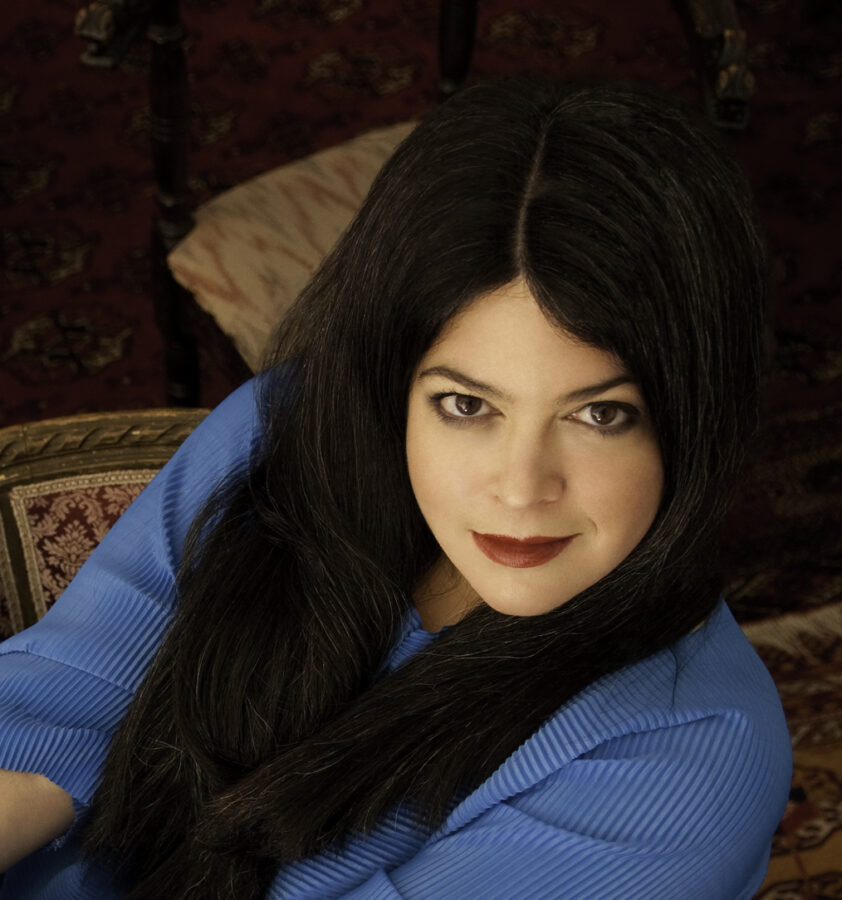
Q & A
1. Do you worry that we’re becoming a less and less literate society?
Of course there’s a lot to worry about these days but I haven’t worried yet about becoming a less literary society. I’m more puzzled by it. There will always be people who love books—even literary books—but, for a long time, novelists have had a lot to compete with, namely TV, movies, and the never ending phone and laptop zombie scroll. Our attention spans are damaged, to be absolutely sure. Just saying this, I want to check my phone. Some areas of the arts are better than ever. As much as I adored the television of my youth—I Love Lucy, The Carol Burnett Show, All in the Family, The Love Boat and Fantasy Island, and pretty much every show in the late 70s and early 80s, today’s TV is the best. It’s interesting that book sales had a bit of a boom during the pandemic when people had more time on their hands and our brains were quieted down. Book clubs moved to Zoom. Books are not over but they are changing. Books aren’t as good as they used to be frankly, due to how politically correct the publishing industry has become. Publishers are scared to death of not being appropriate and are literally censoring writers and giving them lists of words they can’t use. I can’t think of a worse thing you can do to a writer than take away words! It’s ridiculous. So books are getting sort of duller and dumbed down while television is getting wilder and more exciting. Meanwhile writers are so desperate to get published, they are putting up with it. It’s so hard to get published these days that writers will do whatever it takes. The future of books lies in the hands of the publishers. It’s up to them to honor good writing. We’re definitely at a crossroads.
What shocks me is AI—so bland and humorless, at least so far—and Tik Tok, and how that has become the tastemaker. I’m shocked when I go to Target and look to see if my book has magically arrived there and see a whole display of “Tik Tok bestsellers.” That’s just crazy. I mean, some of those books are just terrible. That said, I’d kill to be one of them!
“Literate society” or not, books will survive. There will always be people who love to read. But being a writer is definitely not a good way to make a living these days. (But that’s another topic.)
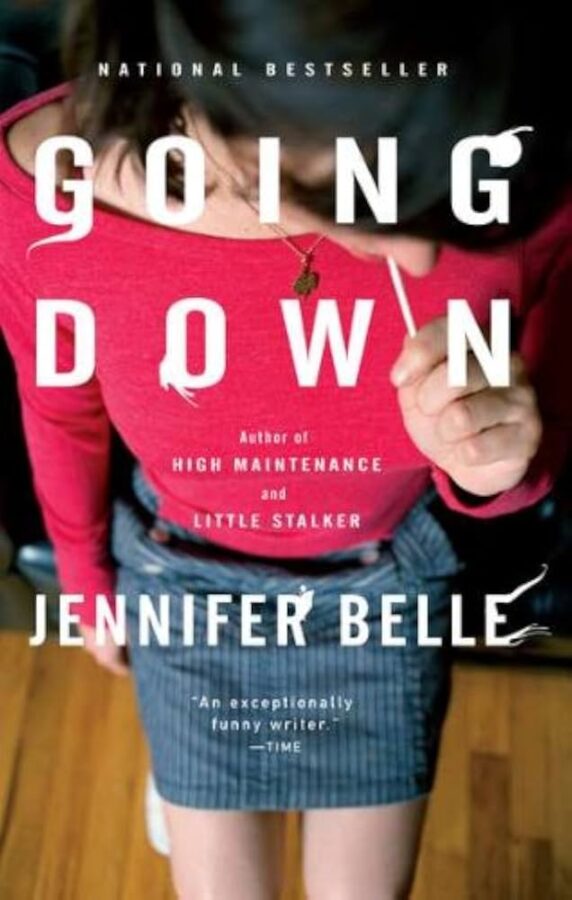
2. So you think it’s harder for a new writer to get published now than when you sold your first novel in the 90s?
I do think it’s a lot harder to get published now. It’s very hard to get an agent. They’re just so bombarded with submissions they’ve put up a firewall of extra hoops writers have to go through to get their books seen. When I finished my first book, GOING DOWN, in 1996, I was twenty-six years old. I printed it up, put a rubber band around it, put on some Mac Viva Glam red lipstick, and went to what I was told was the best literary agency in the world—Janklow and Nesbit. I put it on the giant glass coffee table in their waiting area and ran back into the elevator before the doors shut on me. Then I got a call from an agent there named Tina Bennett, saying, we can’t just take your novel without knowing who you are and what else you’ve written, and I wrote her an extremely lame letter saying I was an actress and had never written anything and had dropped out of two high schools and two colleges. I included my head shot and resume—crazy. And she took it! Today you need a perfectly crafted query letter with comps, and your book has to be not too long and fit perfectly into one genre, or they get confused and freak out that they wouldn’t know how to sell it. I think there’s a lot of freaking out going on. It’s so hard to get published these days, that’s my advice to new writers is to write whatever you want to. Write what you’re passionate about, be daring, don’t hold back.
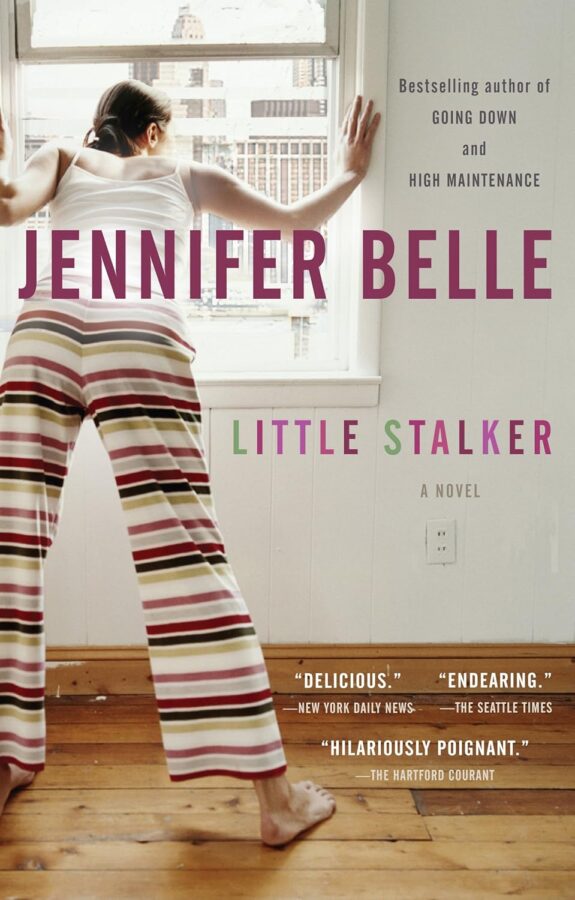
3. Where do you think the publishing industry is heading?
Well some publishers were clearly scared to publish my novel because of the subject matter. It’s about a fourteen year old girl who has a sexual affair with a 38-year-old married man. Even though it takes place in 1982, they were still worried about how it would be seen today. But despite this, the book got a great publisher, great reviews, and great response. The publishers were afraid but the readers and reviewers weren’t. I take this as a sign that publishers will wake up and see that they don’t have to be so careful. They will see that people want to read what is real and honest. People want to laugh and feel. I do think the success of my book shows that things could skew a little closer to normal.
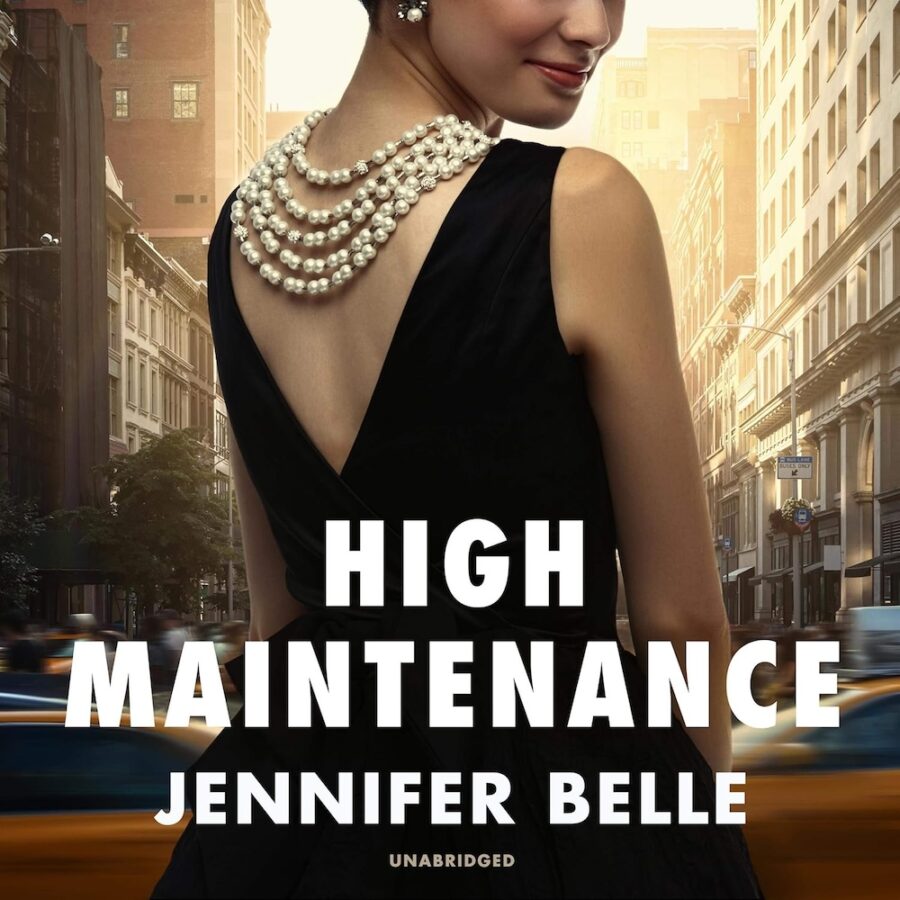 4. When did you decide to become a writer? What was that Eureka moment?
4. When did you decide to become a writer? What was that Eureka moment?
That’s such a nice question! I was an actress in New York, with the exception of playing the young Penny Arcade in her shows at La MaMa and other downtown theaters, I was frustrated with the plays I was in. I had a desire to express myself but being in these plays wasn’t letting me do that. One rainy day in 1992, I joined a writing workshop, literally because it was starting and I didn’t want to go out in the pouring rain, and I never acted again. I realized I could sink into a character who was not unlike myself and bring in scenes to workshop. Even though it was hard work, it felt like immediate gratification compared to auditioning for two minutes and then being told what to do by directors. I loved writing, my characters, my book, the other writers in my workshop, everything about it. I still feel the same way today. I love it.
5. It was striking that the sex scenes in SWANNA IN LOVE are described matter-of-factly in frank language. Was it a deliberate choice in Swanna’s characterization that she does not romanticize the first time the way one might expect from a young girl?
A lot of people have asked me how I was able to get the character of Swanna to sound so much like a fourteen year old, and giving me a lot of credit for my “choices.” But the truth is she’s just very much me. Her voice came pouring out of me effortlessly. Her voice is not that much different from my voice now. I think I am a fourteen year old girl! When I was that age, I thought I was very tough. She’s having sex for the first time and she’s with a married man who she thinks she has seduced. She feels like the aggressor. She is trying to be brave and cool and tough, but of course she’s scared. It’s a thrilling and exciting moment, but not necessarily a romantic one. She’s trying to deal with the pain, and not show her cards. She’s pragmatic. It’s how the scene came to me and I couldn’t think of it any other way. Later in the book, she allows herself to feel more romantic and fall in love. My choices for her came very naturally, but I will say that was probably the hardest scene to write in the entire book. That, and the end.
6. You run a very buzzy writer’s workshop in a city where there are many writing workshops/groups? Why/how is yours different/more successful?
I love that you call it buzzy! It’s buzzy because a lot of book deals have come out of it! This year, beside my book, we had The Showgirl by Nicola Harrison, Who Loves You Best by Marilyn Simon Rothstein, A Rough Way to Go by Sam Garonzik come out, and Summer Husband by Amy Lorowitz got signed, and four great writers—Matthew Ochs-Kaplan, Andy Delaney, Kristina Libby, and Robin Riser got agents. We aren’t pretentious. You can start as a beginner, like I was when I came in out of the rain. We are very commercially-minded. We care about the writing very much, but it’s for people who want to publish, so we deal with the realities of the business today. We work hard, but we also laugh a lot. Thanks to Zoom, I can now work with people all over the world, and I’ve been lucky to have top agents Zoom in and let me pitch our work to them. I’ve been doing this a very long time and I’m pretty opinionated, but everyone in the group is equal. We discuss and argue and defend our books and then rewrite, and I think we’re all better writers for it.
Happy Valentine’s Day!!!
